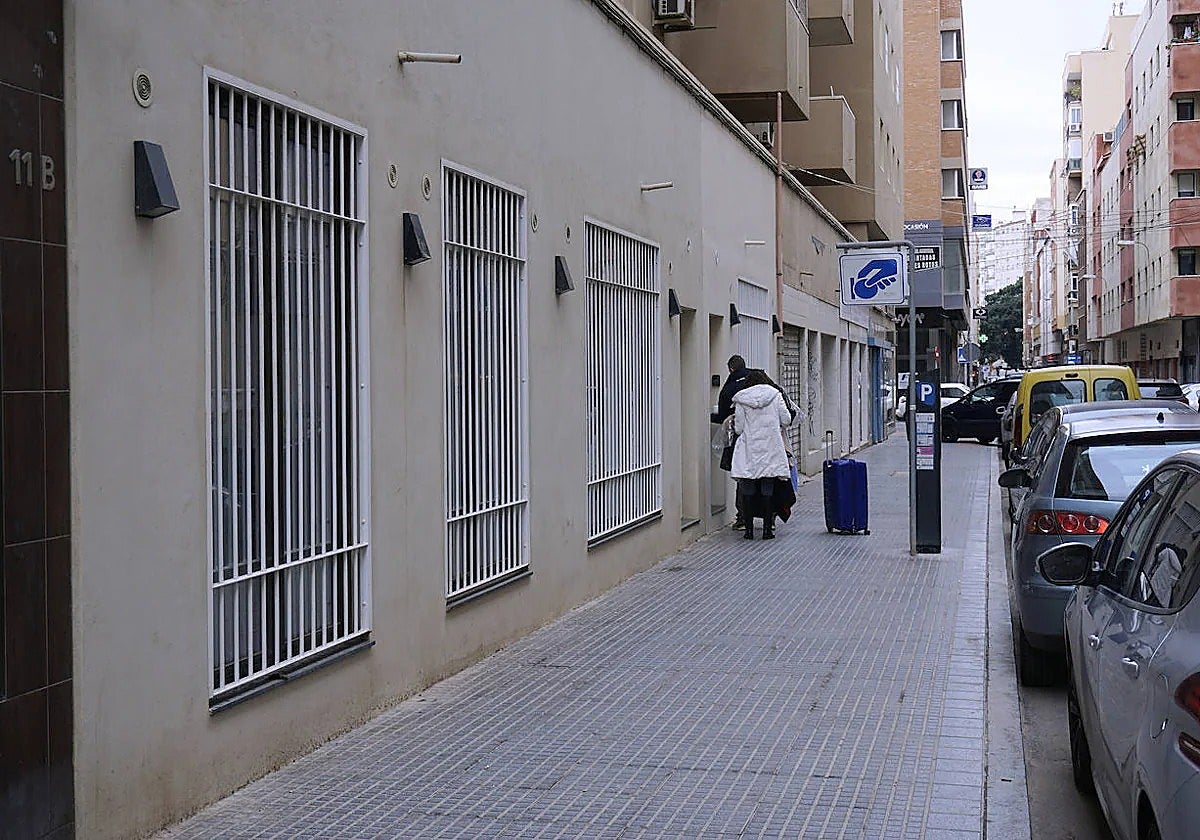Malaga's restriction on tourist flats blocks authorisation of over 1000 applications
The city council's ruling that holiday and short-term lets must have separate access means that only 200 of the 1,300 licences requested since February can be permitted
Malaga town hall is already seeing results from the instruction it approved in June to put a stop, or at least to slow down, the licensing of tourist rentals. This was after the Junta de Andalucía issued a decree in February last year allowing municipalities to regulate the licensing of such properties from an urban planning point of view.
According to Malaga's mayor, Francisco de la Torre, this ruling by the Junta, which obliges tourist flats to have independent access to the building in which they are located, has had an immediate effect on those seeking approval of tourist licences.
This means that, of the more than 1,300 applications for tourist flats logged by the regional administration since February, Urbanismo (the city department handling licensing and planning applications) has only authorised around 200, these being the only ones to comply with the requirement for independent access and services. The rest, totalling 1,120, have been blocked because they do not have these features.
De la Torre stressed that the municipal ruling has already had an "important" effect on the application for authorisation of new tourist housing in the city of Malaga, a regulation that neighbourhood groups have been demanding for years. The demands for this change have grown more recently in the midst of the social crisis due to the difficulties of access to housing in Malaga city.
According to the mayor, the latest decree by the Junta (31/2024, 29 January) allows "with all the guarantees of the law" to apply to tourist housing the condition that is set down in the planning for tourist accommodation, the main one being that it has its own entrance to the property. Such a measure could not be adopted until now because the 2016 decree did not define tourist accommodation as it does now, nor did it establish the mechanisms so that local councils could act in this area, according to De la Torre.
The councillor for city planning, Carmen Casero, is confident that the 1,120 applications for tourist flats cancelled to date will not be so numerous in future once word travels that Malaga council stands firm on these requirements. "I hope that the limitation will take hold and that the following batch of cancelled applications will be fewer," she said. She admitted that her department's compliance with these cancellations of requests for tourist flats, which are processed by responsible declaration, is verified and inspected by the Ministry of Tourism.
Requirements
Until specific regulations are approved to limit the use of properties for tourists by city sector - depending on the degree of saturation in any one area - only those properties meeting the following urban planning requirements may be registered for tourist use throughout the municipality of Malaga. First of all, they must have a permit for their occupation (habitable). Next, if located in a building used totally or partially for housing, they must have adequate access and evacuation elements independent of those of the rest of the building. They must also have all the usual facilities installed such as electricity, water or telephone, and these must also be totally independent from those of the rest of the building.
In order to limit the number of tourist properties in different areas of the city, depending on how saturated they are, the city hall has commissioned a study, carried out by Espacio Común COOP, a company from Seville, to identify the districts with the highest concentration of this type of accommodation. De la Torre also pointed out that there will be areas of the city where the number of tourist dwellings is already so high that no more will be allowed. Casero highlighted that the conclusions of the study by Espacio Común will be presented in a few weeks' time.
The city council's final step to complete how they will regulate this type of tourist use in residential buildings will be the issuing of an ordinance and an amendment to the urban development masterplan (PGOU) for Malaga city. However, Carmen Casero pointed out that they are assessing the possibility of opting for one of the regulations over the other option to avoid duplications. Thus, Urbanismo is analysing whether an ordinance to regulate tourist accommodation by zones would be sufficient, or whether the most appropriate instrument for this would be a modification of the PGOU, even if it takes longer to be processed and approved. "We will take the quickest and easiest route," she said.
One of the effects that this limitation on tourist flats may have is that there will be an increase in the conversion of commercial premises into housing, spaces that do comply with the condition of having access and services independent from the rest of the building in which they are located. In this regard, the councillor pointed out that the municipal urban planning department is "trying to accommodate the mayor's wish that the premises that are converted into housing should be for long-term residential use, so that they do not become tourist apartments." She added: "We are working intensively on this."

